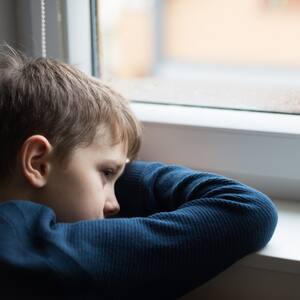Watch out for kids who are fighting more with friends, sleeping or eating differently, or are less interested in talking about their day. Samantha Vlcek is a lecturer in inclusive education at RMIT University. We know children often miss more school days in the winter months, as sickness sets in.
But at this time of year, parents and teachers can also notice children disengaging from preferred activities and finding it more difficult to get through the day. What are the signs a child may be burned out ? And how can you help? The winter months are tough Burnout can happen at any time but children are more likely to experience seasonal fatigue during winter, making burnout more likely. Cold, wintry weather and shorter hours of sunlight have impacts on children, just like the rest of us.

At school, there is an increased likelihood of rainy-day programmes where children stay inside for most of the day. These changes limit opportunities for children to exert energy through a game of footy or racing friends onto the monkey bars. Poor weather conditions also reduce opportunities to head to a playground after school or shoot some hoops in the driveway.
Classrooms are a breeding ground for illness and as children get more rundown, they are more likely to get sick. Beyond the downsides of being unwell, when children are absent they are isolated from their peers. Children at school may also feel lonely when their friends are away.
It’s now also many months since the long summer break..























